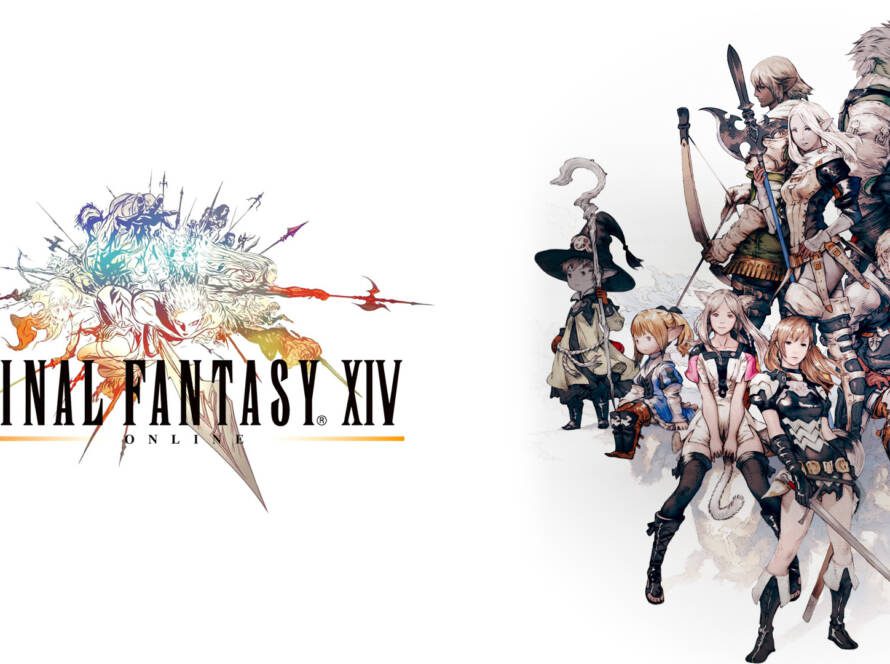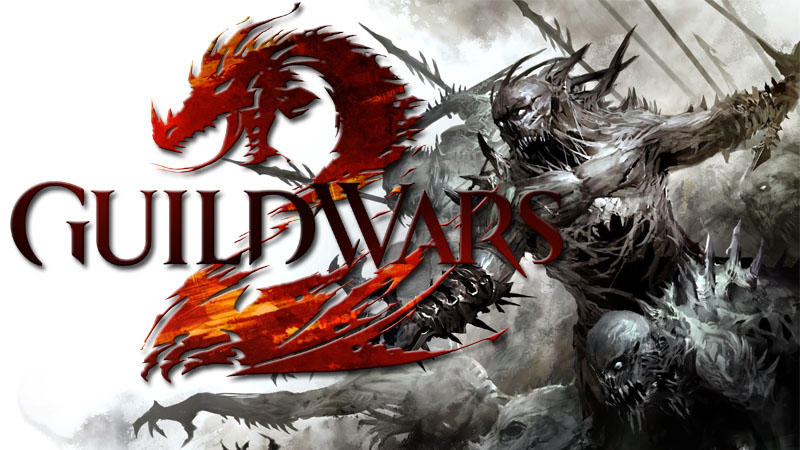path of excile
overview
Skill Gem System
Action RPGs have always been about two things: devastating skills and valuable items. Skills in Path of Exile are items – gems that grant abilities when socketed into equipment. A wide range of support gems allow the behaviour of skills to be modified. You can augment your Fireball to chain from enemy to enemy or split into multiple flaming projectiles. Up to five support gems can affect a skill at any time. Because gems level up independently and some are hard to find, they can be very valuable in trade.
Passive Skill Tree
All of Path of Exile’s character classes share its vast passive skill tree. Starting at one of seven distinct locations dictated by their chosen class, players can focus on the core specialities of their class or travel across the tree to build complex combinations of skills from various disciplines. Scattered across the tree are Keystone passives that drastically alter the way a character is played. Resolute Technique removes your ability to get critical strikes, but also prevents enemies evading your attacks. Necromantic Aegisgrants the properties of your shield to your minions rather than to you. Craftable Jewels allow you to dynamically modify the tree itself, adding custom properties or influencing the effects of nearby passive skills.
Leagues and Events
One of the things that’s most fun about playing a competitive online Action RPG is taking part in a levelling race on a fresh server. In Path of Exile, we wanted to capture this feeling without constantly resetting our main economy, so we’ve created a set of race leagues that are run frequently as separate game worlds with their own ladders and economies.
In addition to regular races, leagues can substantially modify the game rules. In an Ancestral league, ancient totems exist alongside groups of monsters, augmenting their abilities. In Turbo leagues, monsters move and attack 60% faster than normal.


